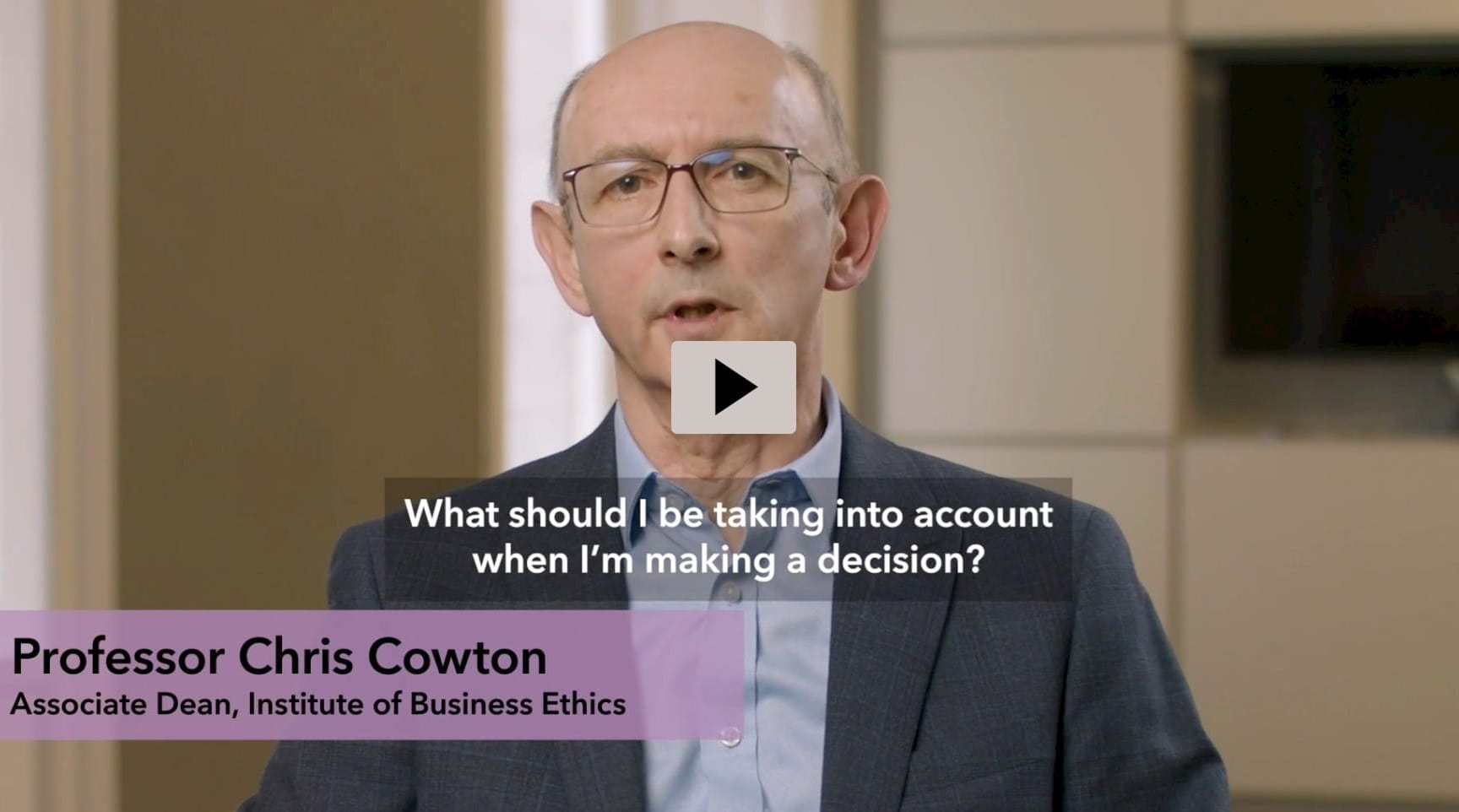Major steps in the fight against corruption could be made through stronger joint efforts between business and law enforcement, said speakers at a recent event held by International Federation of Accountants (IFAC), ICAEW and the Bar Association (IBA), in collaboration with the Organisation for Economic Cooperation and Development (OECD).
Held on 26 February, Fostering Cultures of Integrity was attended by over 500 participants from more than 110 jurisdictions and took in views from several expert and professional bodies that are championing anti-corruption efforts. The webinar marked the 25th anniversary of the OECD Anti-Bribery Convention.
In the view of Scarlet Wannenwetsch, a specialist in the Collective Action team at the Basel Institute on Governance, the gains that could emerge from closer working between the public sector and law enforcement are often overlooked. “Corruption distorts competition, reduces trust in markets and hampers investment, both foreign and at local level,” Wannenwetsch said. “However, when it comes to anti-corruption strategies globally, and also at national and regional levels, those dots are not necessarily connected.”
For governments, she stressed, viewing the anti-corruption drive as a key part of economic strategy, and seeking out the private sector’s input, would be a win-win. “When we talk with policymakers, the private sector is still, in many arenas, considered to be more the problem than part of the solution,” she said. “But the private sector has had 20 to 30 years of trying to address corruption and build its standards and policies.”
The Basel Institute captured more than 300 initiatives worldwide, where businesses are driving the development of anti-corruption standards and implementation at a sectoral and country level. “So, how do we bring everybody to the table and build trust, to work collectively?”
Grey areas
ICAEW Director, Trust and Ethics, Laura Hough agreed with Wannenwetsch on the importance of governments looking to the private sector as an ally and partner in combating corruption. “The private sector has so much data that could be really valuable to the public sector and law enforcement,” Hough said. “But similarly, companies also sometimes need access to the intelligence from law enforcement to do their jobs effectively. So that partnership is critical.”
In parallel, she noted, private-sector organisations have a key role to play in building ethical cultures where ethical behaviour is encouraged and valued and where employees are encouraged to speak up, to promote open dialogue. For businesses that have developed good practices for putting the right cultural mechanisms in place, Hough said, it is important to share that information within their sectors in ways that will not conflict with competition rules.
“There’s a lot of learning that could be drawn out of the private sector,” Hough said. “If we build on mechanisms that we already have, then it would be easier to make progress.”
Expanding on the theme of culture, IBA Legal Director Sara Carnegie highlighted the value of leadership in securing workforce buy-in. IBA’s research has shown that, in very hierarchical professions, culture from the top has a dramatic effect on how people behave, particularly on their inclination to go beyond the bare minimum in the effort to respect and uphold regulations.
As such, Carnegie said, employees should not feel that the anti-corruption message is an “edict from the top” that is being forced on them. Instead, everyone must “foster a progressive culture of change”.
Carnegie said that current IBA research is probing grey-area behaviours that are not strictly illegal or corrupt, but create “problematic impressions” of how professional services work. From SLAPP [strategic lawsuits against public participation] lawsuits to aggressive NDAs, she noted, “law firms and other entities have been accused of operating in ways that bring disrespect and disrepute to the profession – and certainly create harm”.
To demonstrate trust and integrity, Carnegie said, companies must take whistleblowing very seriously. In addition, she stressed: “Education is key. That is one thing we try to enforce, from law school all the way up through law firms and beyond. That’s where you have to begin the conversation.”
Shape of integrity
Reflecting on Carnegie’s thoughts, IFAC Director, Policy and Global Engagement, Scott Hanson, the event’s moderator, said that grey areas in the accounting profession are now a “big focus” of IFAC’s work. “Over the past couple of years, we’ve been dealing with a project by our Ethics Standards Board that looks very specifically at grey areas in tax practice,” he said. “As you can imagine, it’s a very controversial project, with lots of different views on whether grey areas exist, and how you navigate them.”
Carnegie’s messages also resonated with Hough’s view of the profession. “One area we probably need to do a lot more work on is the question of integrity,” she said. “What does it mean? What does it look like? An organisation that generally behaves with integrity is not just one where there isn’t any corruption. There’s much more to it than that.”
Hough added that headline-grabbing, negative stories stick in people's minds, undermining professionals who are working ethically, day in day out, doing the right thing and getting on with their jobs – those people don’t make the headlines. “There’s a lot of work for us to do collectively as professionals to evidence the good work we’re doing.”
Towards the end of the webinar, France Chain, Senior Legal Analyst in OECD’s Anti-Corruption Division, underscored the message that education is vital for awareness and prevention. “That’s both at the student level and within professions, through continuous training and awareness – including in SMEs, which are a critical node in fighting corruption and enhancing integrity.”
Private sector figures, Chain stressed, must also be incentivised to detect corruption in the course of their everyday work – and there are questions about what sort of role accountants and auditors in particular should play on that front.
Ethics CPD course
This free course helps you apply the Code of Ethics to everyday situations and satisfy your CPD requirements.




